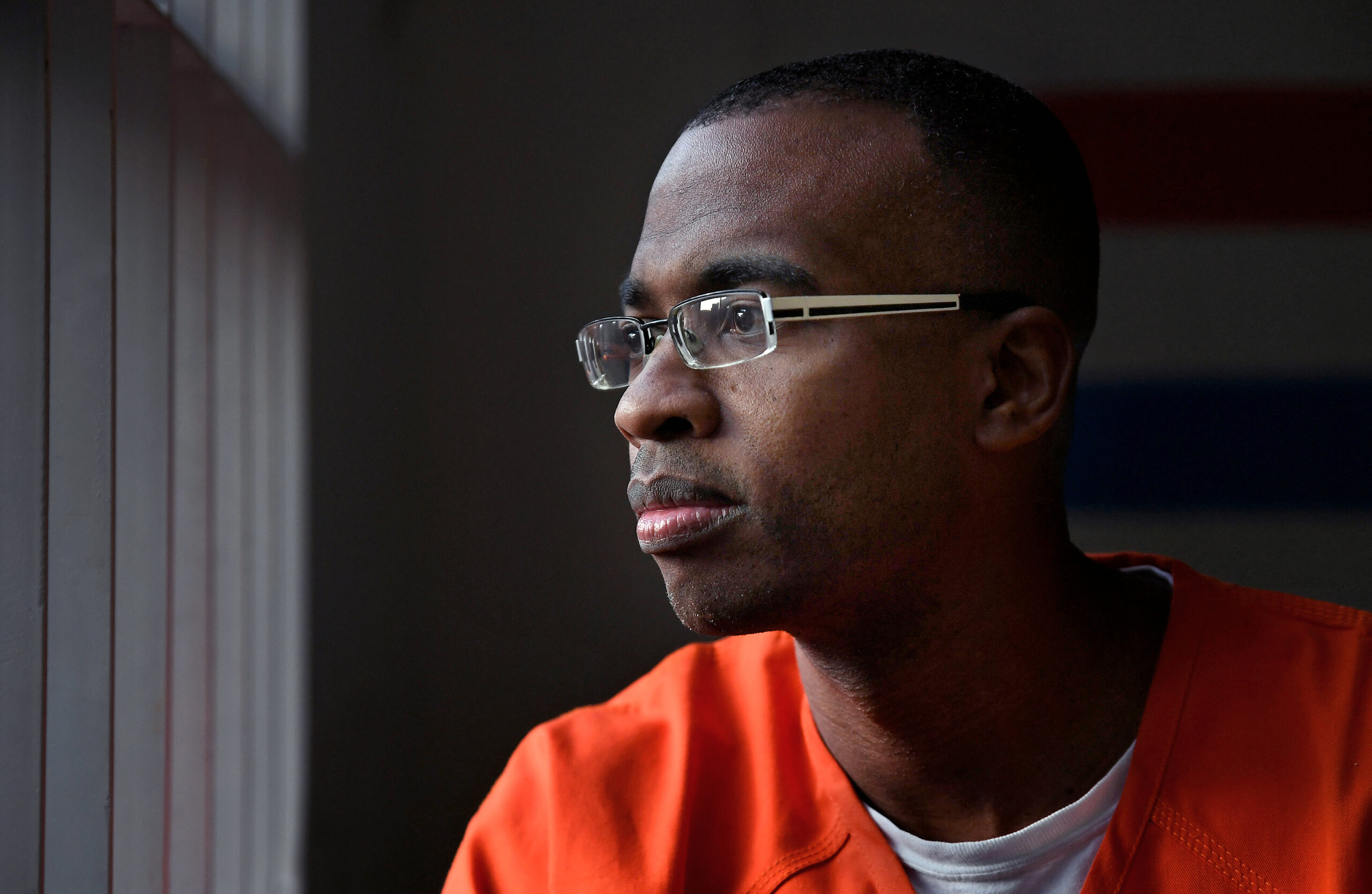In his attempt to show why returned citizen Joel Castón should not be appointed to the DC Sentencing Commission, U.S. Attorney Matthew Graves wrote a scathing letter not only attacking Joel’s integrity and fitness to serve, but also the entire premise of the Incarceration Reduction Amendment Act (IRAA, for those convicted when younger than 18 and have been imprisoned at least 15 years) and its Second Look extension (under the age of 25).
In his letter, Graves cites statistics documenting the rising rate of violent crime in DC to make the case that the district’s sentencing guidelines are “powering a revolving door for those arrested and prosecuted in this jurisdiction.” He goes on to conclude that appointing a person to the commission who served time himself for a violent crime will further fuel that tendency.
I’ll be blunt, and “real”: That’s baloney! More Than Our Crimes has reviewed a lot of research on this topic, and there is no data supporting his claims that lengthy sentences deter crime or that individuals released from prison after more than a decade behind bars are dangerous. As for Graves’ dismissal of the lived experienced possessed by formerly incarcerated individuals (and Joel in particular), he merely demonstrates how shallow his own understanding is.
I’ll address each of these issues in turn:
Draconian sentences don’t protect
I grew up in the 90s, when violence was rampant and tough on crime was the mantra of the day. Mandatory minimums and “three-strikes” laws grew out of this attitude. But it didn’t deter us from committing crimes. People who commit crimes may think about the possibility of being caught (although in the heat of emotion or peer pressure, that’s also uncommon), but they certainly don’t ponder how many years they might get. Remember, second-look bills were passed in recognition that the brains of teens and young adults are still developing. They have very little impulse control.
Returned citizens are not the problem
I’m tired of hearing public officials connect rising crime in DC to the District’s second-look bills. According to the available data for IRAA, just two of the 194 people released under this law – that’s 1% – have been re-arrested for crimes against people. To say that those two are regrettable is an understatement. But what about the other 192 individuals who were given a second chance and are now productive citizens? Many of them are helping to prevent crime by serving as violence interrupters and mentors for troubled youth and young adults. Others are paralegals, program coordinators for nonprofits, parking lot attendants and security guards.
The sad fact is that in this sensational climate, public officials focus only on the infrequent failures. Formerly incarcerated people are used as scapegoats, easy targets to blame for public policies that lack imagination and a long-term focus. When police officers make mistakes or abuse their power, the entire police department is rarely blamed. But when someone who has spent time in prison messes up, it’s like all of us are stained.
Lived experience is expertise
In his letter, Graves recognizes Joel’s proven leadership, demonstrated via his role as a founding manager of the DC jail’s Young Men Emerging (YME) program and his election as an ANC (Advisory Neighborhood Commission) commissioner. But then he negates that exemplary work by stating, “neither being a voice for other incarcerated people in a jail nor his lived experience as an incarcerated person renders him an expert on sentencing and related policy matters.”
I’ve lived in prison for a year short of three decades, and it’s just plain ignorant and elitist for Graves to say that my lived experience doesn’t make me an expert on what works (and doesn’t) to change people in prison, including sentencing. Prosecutors (who are currently well represented on the commission) and police officers have no direct experience with what goes on inside the prisons we sentence people to. They don’t witness the consequences of their actions: how people change, and why, and what makes the difference between individuals who come home rehabilitated or worse than when they came in.
I know Joel Castón personally; we spent more than a year together in the DC jail, working with YME. He is an honest and upstanding person who would be an excellent addition to the commission. I observed him as he communicated with staff about the strengths and weaknesses of the YME mentees, and what was needed to improve the program. And (this is for you, Mr. Graves), I have also seen Joel hold mentees accountable for their actions, even expelling a few from the program when they didn’t uphold their responsibilities. Remember, this was in a jail setting where his actions against his “homies” were often viewed as “snitching.” Did he care? No, because he had a job to do and had the good of the overall program in mind. So, I’m not buying that he can’t be fair and impartial when it comes to weighing in on sentencing.
I also have to add: Graves points out that police representation is missing from the commission, so if any gap needs to be filled, it’s that one. What a double standard! So, the lived experience of police is valuable, but ours is worthless. Keep in mind that police officers don’t have any education on sentencing policy either. After all, that’s not their job.
And, if you want to talk bias, I’d argue that police can be assumed to be just as prejudiced in favor of incarceration as returned citizens are against it. Of course, there are police officers with nuanced views, just as there are returned citizens with the same. Integrity is inherent in the individual, not his or her “occupation” or past. There are people with and without integrity on both sides of the incarceration debate.
Returned citizens should be included in any decision-making body that governs our criminal-legal system. It’s not only fair, but makes for better policy.




